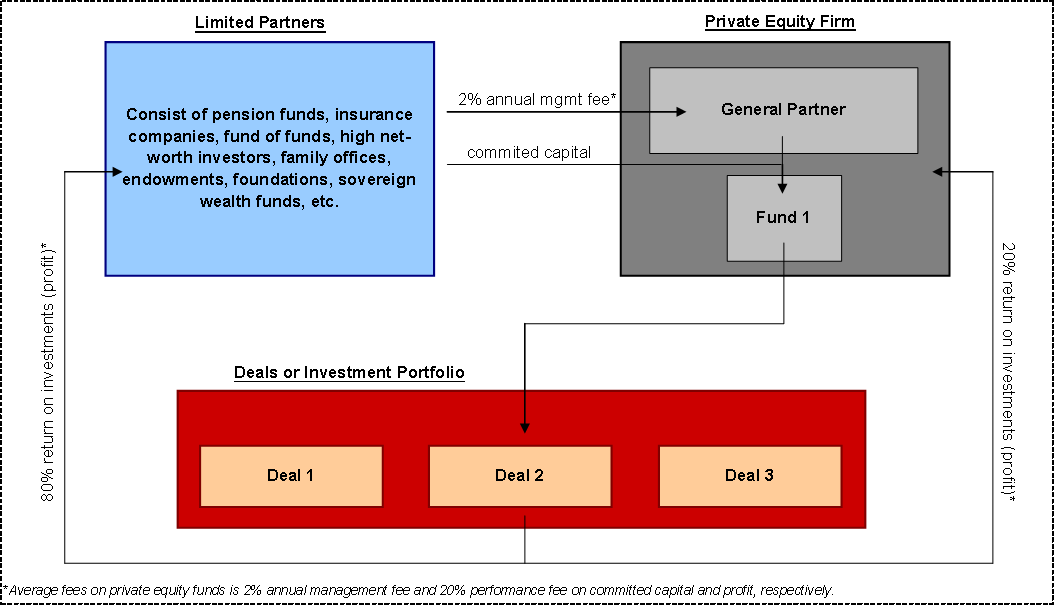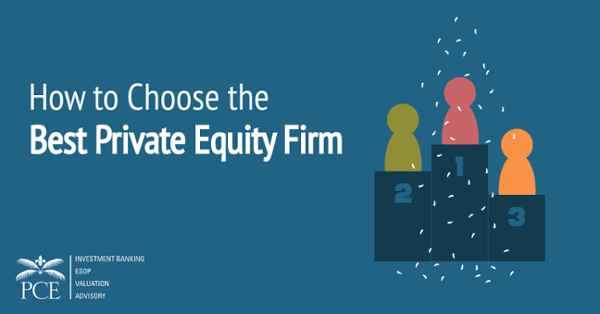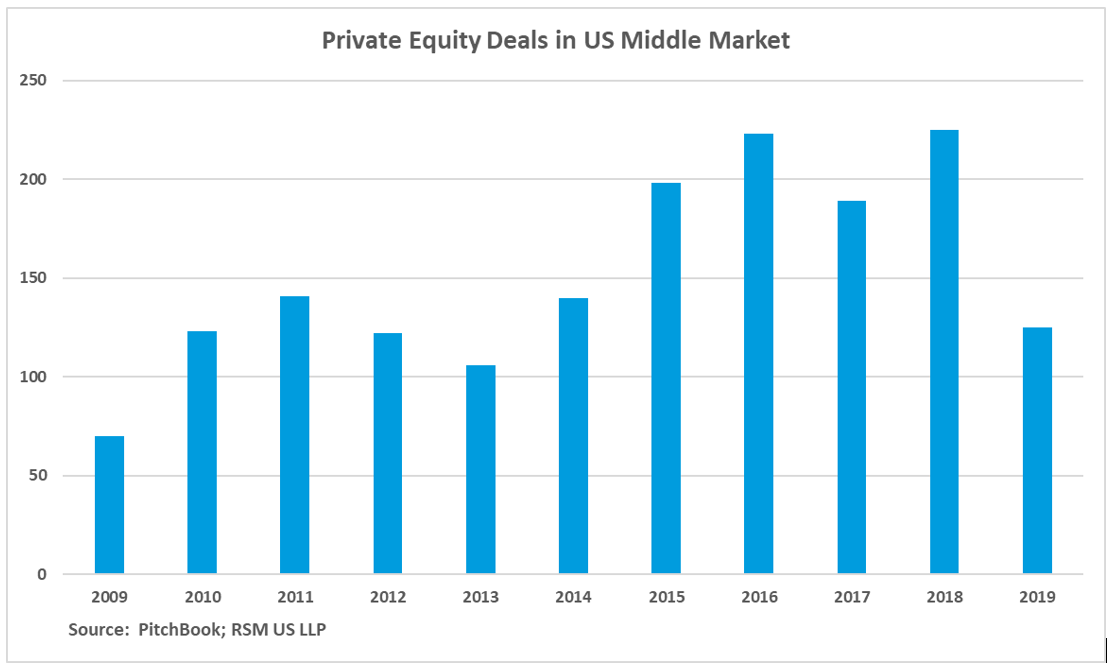If PE’s much-vaunted alpha is so dependent on methodological intricacies in its measurement, then maybe it isn’t something you ought to be so eager to pursue. Even if PE’s alpha is absolutely no, it still could play an important role in a diversified portfolioprovided its returns are uncorrelated with those of publicly traded equities.
That would allow a risk-averse investor to designate more to equities than she or he would otherwise be comfortable with. At first blush, as you can see from the accompanying chart, PE certainly appears to be uncorrelated with public equities. Sadly, appearances can be tricking: The apparently low correlation is largely an artifact of the illiquid securities in which PE funds invest.
He states he’s confident that, if there were any method to worth PE funds as often as openly traded companies, they would be simply as volatile (if not more so). Some argue that, according to financial investment theory alone, PE funds ought to outperform public equities because of their illiquidity. These theorists are describing the prolonged lockup period that PE funds put on assets invested in them – fraud racketeering conspiracy.

Particular funds can have their own timelines, financial investment goals, and management approaches that separate them from other funds held within the very same, overarching management firm. Effective private equity companies will raise many funds over their life time, and as firms grow in size and intricacy, their funds can grow in frequency, scale and even specificity. For more information about private equity and also - check out the blogs and -.
In 15 years of handling properties and backing several entrepreneurs and financiers,Tyler Tysdal’s companies handled or co-managed , non-discretionary, roughly $1.7 billion in assets for ultra-wealthy households in markets such as gas, oil and healthcare , real estate, sports and home entertainment, specialized financing, spirits, technology, durable goods, water, and services companies. His group recommended customers to buy almost 100 entrepreneurial business, funds, personal lending deals, and real estate. Ty’s performance history with the private equity capital he deployed under the very first billionaire client was over 100% annual returns. Which was throughout the Great Recession of 2008-2010 which was long after the Carter administration. He has produced hundreds of millions in wealth for clients. However, offered his lessons from dealing with a handful of the accredited, highly sophisticated people who might not appear to be pleased on the benefit or understand the potential drawback of a deal, he is back to work entirely with business owners to help them sell their companies.
Or so the theory goes. However Cliff Asness, founding principal at AQR, argues it’s possible that not only is there no such premium however there actually might be an illiquidity discount. His argument is that investors want to accept a lower return in PE due to the fact that its high volatility is hidden from plain view.
In a recent blog post, Asness mused: “What if numerous investors really recognize that … illiquid, extremely occasionally and improperly priced investments made them much better investors as essentially it permits them to ignore such investments’ given low measured volatility and very modest paper drawdowns? … What if investors are just clever sufficient to understand that they can take on a lot more danger (true long-term danger) if it’s merely not pushed in their face every day (or multi-year duration!)?” Professor Stafford concurs.
List Of Top Private Equity Firms With Investments In California …
However if you are not able to cope with this portfolio’s volatility and downside losses, and for that reason are the type of financier who ends up surrendering at the bottom of bearish market, you might wind up even worse off than if you instead invested in a statistically inferior PE fund whose volatility is hidden and with which you can in fact live through thick and thin.

However if that’s why investors are favoring PE funds, Asness argues, “they need to be open-eyed about what they are doing.” David Swensen handles Yale University’s endowment. An earlier variation of this column improperly spelled his last name as Swenson. Mark Hulbert is a routine factor to Barron’s. His Hulbert Rankings tracks financial investment newsletters that pay a flat fee to be examined. racketeering conspiracy commit.
And private equity is no exception. Deals have actually been stopped as firms reassess the company landscape and their own finances, and focus on the health of their portfolio companies.” The focus has actually moved far from offer making to crisis mode,” explains Alex Schneider, cofounder of Clover Capital Partners, a private-equity firm that focuses on acquiring and buying small organisations.
” PE firms are attempting to focus on offering resources, suggestions, contingency preparation, and liquidity to their existing companies instead of on new opportunities.” However the shift far from deals will be short-term, Schneider says. The time out button will be lifted. And that will probably occur before the economy as a whole recuperates – pay civil penalty.
” Investors, by meaning, are naturally positive,” Schneider says. “There’s optimism that there will be opportunities to invest capital that will create long-lasting value – securities exchange commissio.” Schneider lays out some reasons for that optimism, along with a few of the difficulties that unquestionably lie ahead. Schneider anticipates that in the future, PE firmsespecially those with excellent access to capitalwill resume their deal making.
Private Equity Firms’ Incestuous New Strategy

But Schneider believes other, more risk-heavy sectors like retail and entertainment will also continue to be active, but likely at lower evaluations or with more deal-structure aspects. Within these locations, there will be chances for small-business buyouts that may not have actually existed a couple of months back.” This is a frightening turn of occasions for an owner-operated small company that possibly didn’t have the capital or management resources to browse through this,” Schneider says.
” When the dust settles, I think some sellers are going to be more likely to get the phone when PE calls,” added Schneider. “It is still a seller’s market, but the pendulum is relocating the buyer’s instructions.” Private equity will likewise likely be very aggressive within their existing portfolio, highlighting strategic add-on acquisitions to catch market share and go into brand-new channels.

Outside of business finance, Schneider likewise expects private-equity companies to be aggressive in looking for top skill (fraud racketeering conspiracy).” Individuals that companies were not able to previously attract and work with are going to appear,” Schneider states. “Talented leaders will focus on signing up with business that are well capitalized and placed to grow in this environment.” In the current market, there stay many practical obstacles, even for those PE companies with lots of capital on hand.
Possibly the next generation of dealmakers will feel comfortable making multimillion-dollar financial investments over video conference, Schneider says. However today, buyers and sellers need to meet in individual in order to browse the unavoidable ups and downs of a deal procedure. Social distancing and travel restrictions, both mandated and self-imposed, are decreasing these procedures and preventing offers from occurring.

Some parts of the procedure might be able to be adjustedperhaps an accounting evaluation can be done remotely, for instance. However anything that requires due diligence in terms of facilities, environmental compliance, or operations will be difficult if not difficult to do virtually, Schneider states – million investors state. Furthermore, debt capital is generally an important element to a private-equity offer, and many banks and financial organizations have actually ended up being extremely conservative in this environment.
How Does Private Equity Work?
The near-term threat indicates that banks and other loan provider will extend less credit today than they would have pre-pandemic, even off of the same historical financials. For instance, an offer by a PE firm a couple months ago might have been built on the presumption that a bank would have loaned the firm half of the purchase price.
” There’s a funding space, and that’s a problem,” Schneider says. Private-equity firms are adapting to this current market dynamic, Schneider states, by either renegotiating deals with sellers to include more structure in the kind of earnouts and seller funding, over-equitizing deals with the expectation to re-finance with cheaper debt capital when markets return to normal, or flat out reducing the purchase rate – partner grant carter.
In general, Schneider has been advised of the reality of a fundamental service lesson: money is king.” Companies do not go bankrupt due to the fact that of bad profits. They go bankrupt since they lack money,” Schneider states. “Crises happen and it declares that adage. Liquidity is the most crucial thing for a business to have.” For PE companies, that means there will be a significant advantage for funds that have actually raised capital over the previous couple years and have not yet invested ita resource understood as “dry powder” as compared to those that deployed a lot of capital in the previous couple of years.” PE is something of a timing video game,”.